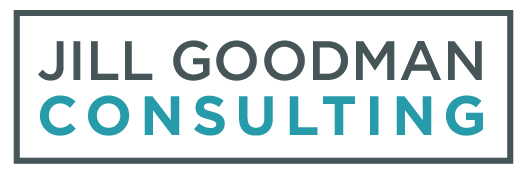The Armor is Real
Most of us carry emotional armor. It’s that feeling of putting up our defenses when we're in a potentially stressful situation. And for those adults who did not have a particularly good experience as children, their own children heading off to school can rekindle all those negative feelings. Checking our emotional armor at the door is nearly impossible, though pioneers like Brené Brown bravely help us try. Through years of parent association leadership and working as a school administrator, I found that the metaphorical armor that adults bring to school rivaled the collection at the Metropolitan Museum of Art. I too was armored up every school year that my daughters were in school. It was exhausting.
We need a new way forward.
Parents forge armor as children when they themselves are students. They may have felt shame or were misunderstood by a teacher or by their parents as they navigated school. Conversely, many parents had a fantastic school experience with a coach or teacher who deeply inspired them. If that’s the case, parents want that experience recreated for their child. Parents are similarly passionate advocates for both protection and enrichment. In my work as a consultant, I hear over and over that parents want to partner with the school. However, I'm not sure that the school's definition of partnership is the same as that of the parents.
Chuck English has been thinking about this for several years and coined the term, "Parent Experience," now used in many schools as administrators consider how parents experience the admissions process. The leadership of the Watershed School thought long and hard about their relationship with parents as customers and decided to choose new titles for themselves that better describe the many hats they wear and their priorities. They have crafted titles such as Chief Experience Officer and Relationship Curator. These foster greater accessibility and partnership with parents.
Many schools are still locked in an old dynamic of “us and them,” and the parameters of a partnership among parents and faculty and administration are as murky as ever.
Here a few suggestions for independent school administrators to encourage parents to check their armor at the door:
Ask Questions and Listen to the Answers. Find a time to speak with as many parents in one-on-one settings as possible without the pressure of a problem to spark the conversation. Ask about their school experience. Was it positive, or frightening, or shame-inducing? Find out exactly what their goals were for enrolling their child in your school. Determine how you can get closer to meeting those goals.
Know When to Fold ‘Em. Some families are not a good fit for your school because your school cannot meet their needs or expectations. If that's the case, decide quickly to counsel out the family and work diligently to help them find a school that is a better fit for their student. Letting unsolvable problems linger and calling repeated meetings with little resolution does nothing for your school's reputation, and is of no service to the child and family. However, owning your school's unique strengths and understanding who you are best able to serve will resonate with even the most disillusioned family.
Dedicate Staff to the Customer Care of Current Parents. Your school has admissions staff and MarCom staff, but where is the dedicated team for enrolled parents? Who is responsible for upholding the brand promises made in admissions through graduation? Is it reasonable and fair to assign that role to teachers and division heads who prioritize commitment to students and fellow teachers? Administrators are concerned that teachers do not understand their role in marketing and do not do their part to uphold the brand. While that can be rectified with coaching, let’s think about how we can support teachers in this critical part of his or her job by re-allocating or hiring staff dedicated to the current parent experience.
The emotional armor that we wear has a real impact on those we work with every day. To advocate for our students, our program, and the mission of the organization, school leaders must listen closely and build the necessary trust among parents, teachers, and administrators to leave our armor in the middle-ages and move into a more enlightened era.
The author, Jill Goodman, is a consultant working with independent school leaders to advance their school’s mission, enhance their processes, and bolster their skills.



